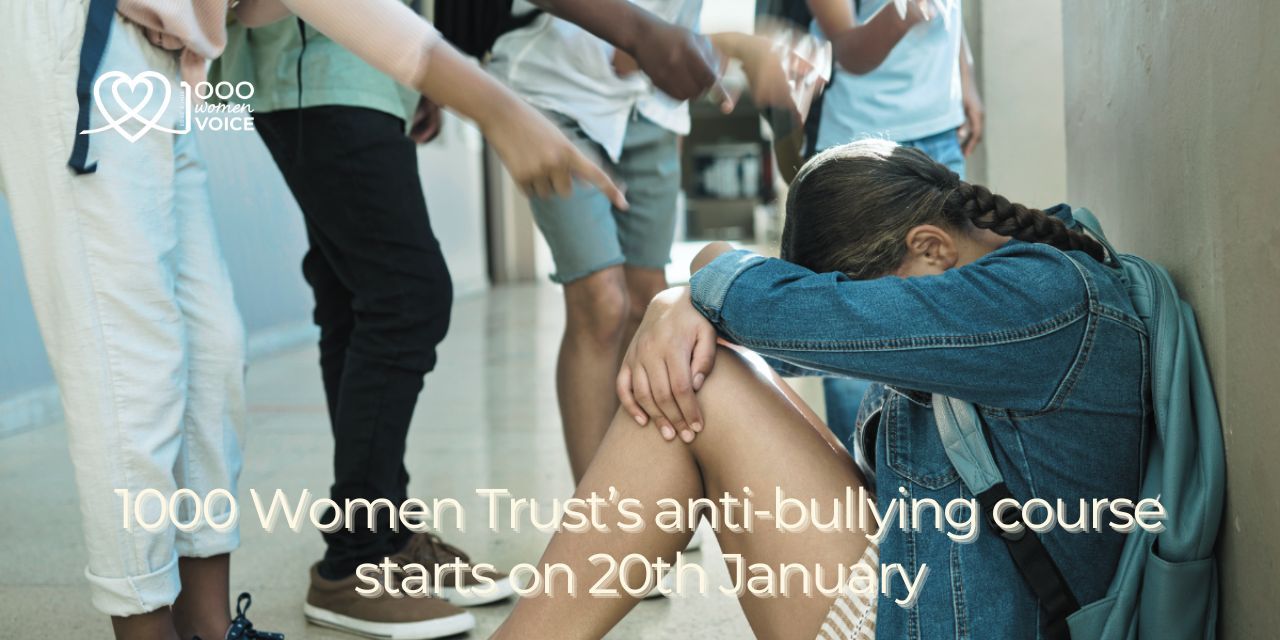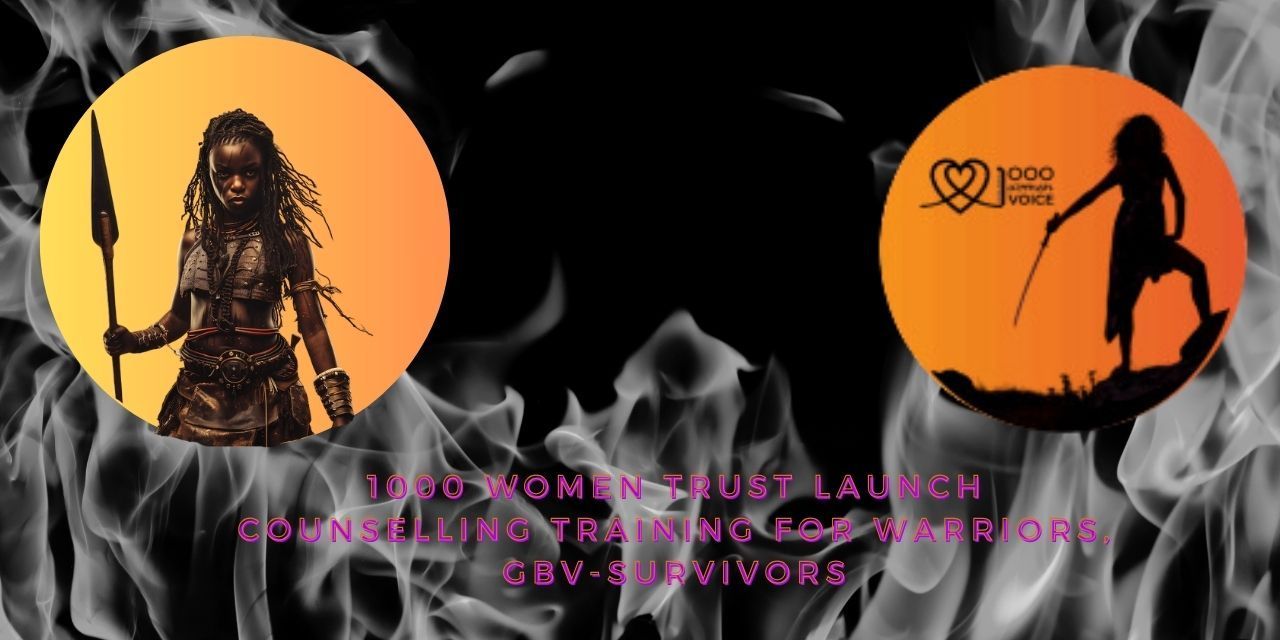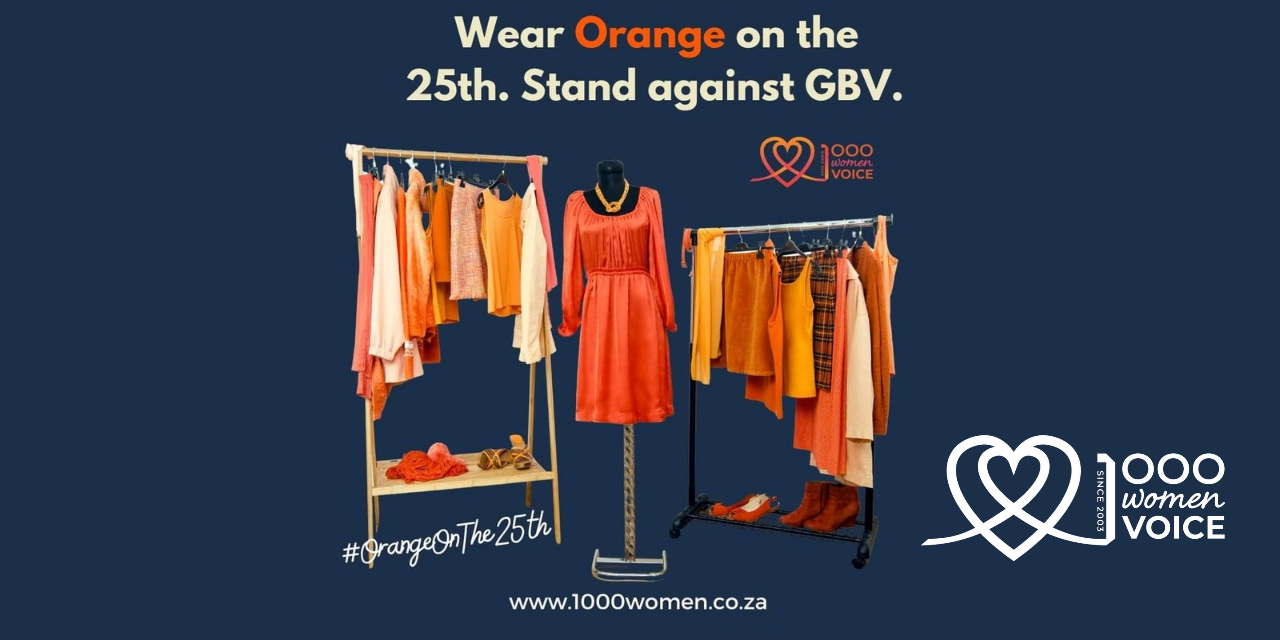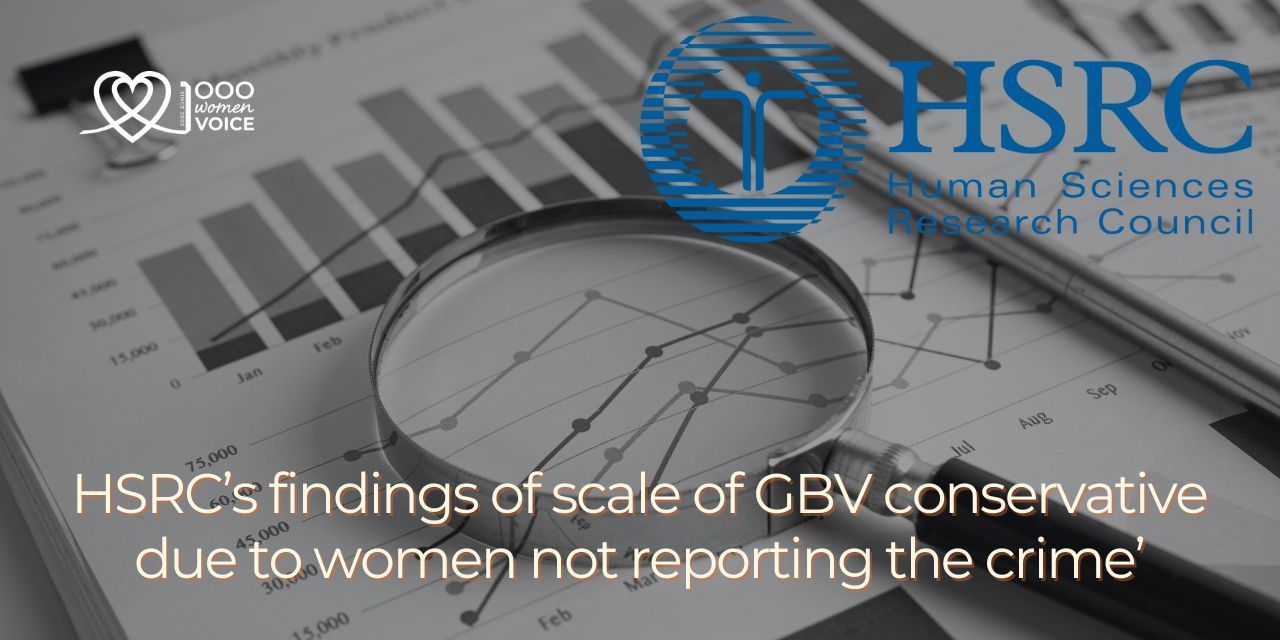Department of communications vow to improve digital literacy rollout, but SA women still disadvantaged
CAPE TOWN. – Gender equality for a sustainable future is the theme of International Women’s Day in March 2022 and was also discussed at the women’s day dialogue hosted by the department of communication and digital technologies, where Tina Thiart, director of 1000 Women Trust, delivered one of the keynote-addresses.
The South African government is focused on advancing the development of digital technology and implement initiatives to increase its adoption, yet the gender digital divide is obvious.
The Fourth Industrial revolutions has revealed considerable inequality in South Africa especially amongst unskilled and low-income citizens, amongst whom women and girls represent the majority. Factors such as gender stereotyping, digital illiteracy, inaccessibility to data and discrimination have confirmed digital gender exclusion in the country.
Only 38.13 million South Africans amongst a nation of more than 60 million have internet access. One of the reasons for the status quo is that South Africa ranks as one of Africa’s top-ten countries in terms of high data costs. (Source: Daily Maverick, 7 th March 2022).
Only 51 percent of women have access to internet, while 11.6 percent of women – versus 16.8 percent of men – have access to digital financial services.
Of the ICT-managers in the country, 95 % are men and 5 % are women.
The minister of communications and digital technologies declared in 2021 that by 2024, South Africa’s new digital policy will allow more than 80 % of the population to have internet access, a huge leap from the current 56.3 %.
President Cyril Ramaphosa said that by 2030 South Africa should be a nation that have harnessed the potential of technological innovation to grow the economy and uplift the people. To this end, he established a presidential commission on the fourth industrial revolution.
But in order to bridge the divide in the digital sector government should pursue strategic initiatives that promote women and girls in the digital space in the economy.
The government must actively implement policy to bring women and girls into the digital space, especially those in poor and marginalised communities, and must address gender discrimination, the exploitation of women and gender-based violence to enable the development of a sustainable digitalised society. (Source: Daily Maverick, 7 th March 2022).
At the women’s day dialogue on gender equality and a sustainable future, the Department of Communication and Digital Technologies re-emphasized the importance of its strategies to empower all its citizens with digital literacies.
In response to the growing need for digital skills, the department developed the National Digital and Future Skills Strategy which was approved by Cabinet.
The National Digital and Future Skills Strategy identified 8 Strategic Levers necessary for activation of digital skills rollout and implementation.
The Department followed the Strategy with a Five-year Implementation Programme which identifies 16 practical measures to be focused on for successful implementation of digital skills programmes.
The Digital and Future Skills Strategy has informed the Action Plan for the Skills of the Future for the Digital Economy Master Plan.
Digital and future skills are a vital component of South Africa’s human resource capacity growth path, without which it cannot renew its economic sectors, government and social sectors.
Economic competitiveness needs digital and future skills
The whole of society must become digitally adoptive and digitally adaptive to ensure digital inclusivity for future generations, the department of communications and digital technologies stated.
The alignment between digital skills development needs in the labour market and the skills development supply with focus on youth who are not employed and not in education is required.
The department said it will respond to the needs of youth who are not in employment or in education and facilitate their access to learning and decent employment opportunities by strengthening the effectiveness of the digital skills development and labour market ecosystem
Digify Africa, a women-led organization at the forefront of shaping Africa’s digital future, stated at the dialogue in Woodstock that to date it has developed and delivered programs to young people across the continent, training over 100 000 African youth in demand-driven digital skills.
Thiart spoke at the dialogue on the importance of the Trust’s role in safeguarding the cyber space against cyberbullying.
According to the Global Advisor Cyberbullying Study, South Africa has the highest incidence of cyberbullying in the world, wit 54 % of South African parents knowing of a child in their community that experienced cyberbullying.
Cyberbullying is defined as when a child or group of children under the age of 18 is intentionally intimidate, offended, threatened or embarrassed another child or group of children, specifically using information technology.
It is reported that 57 % of South African learners have been bullied at some time during their high-school careers. When one considers that South Africa has 2.2 million school-going children in the country, those percentages translate into staggering numbers.
1000 Women Trust has decided to create awareness and provide women and girls to find their own solutions to the problem of bullying in communities. The organization created an anti-bullying toolkit made available to parents and children to address bullying and cyberbullying.
Since the anti-bullying-training started in January, 2500 people – parents and teachers – have received the training.
1000 Women Trust conducted a survey in April 2021 amongst SA women and it revealed that 41 % of the respondents were subjected to cyberbullying, while 17 % was not aware of the helpline-numbers to report cyberbullying or other forms of gender-based violence.
Thiart said at the dialogue that a survey conducted amongst 116 women leaders in the ICT-industry, 58 % of the interviewees emphasized the need of capacity building on cell phones and applications, while 80 % underlined the importance of more knowledge on ICT and how to use it.











Follow us
Follow us on social media and stay connected!
Click to subscribe to our newsletter.
Contact Us
The 1000 Women Trust
Registered Trust South Africa (IT738/2014)
NPO REGISTRATION NO: 163-132 NPO
PBO NO: 930 051 359
Follow Us
Follow us
Follow us on social media and stay connected!
© Copyright 2023| All Rights Reserved. Designed by Ludet Digital for The 1000 Women Trust
Contact Us
Office 108B
Valyland Centre, Ivanhoe Rd, Fish Hoek, Cape Town, 7974
Info@1000women.co.za
+27 61 469 0479
Office 108B
Valyland Centre, Ivanhoe Rd, Fish Hoek, Cape Town, 7974
Info@1000women.co.za
0614690479

The 1000 Women Trust
Registered Trust South Africa (IT738/2014)
NPO REGISTRATION NO: 163-132 NPO
PBO NO: 930 051 359
© Copyright 2023| All Rights Reserved. Designed by Ludet Digital for The 1000 Women Trust
